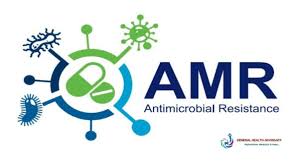Training course on Antimicrobial Resistance (AMR): Surveillance and Stewardship
Research and Data Analysis
Training Course on Antimicrobial Resistance (AMR): Surveillance and Stewardship is designed to equip healthcare professionals, public health officials, and policy makers with essential knowledge and skills to effectively address the growing challenge of antimicrobial resistance.
